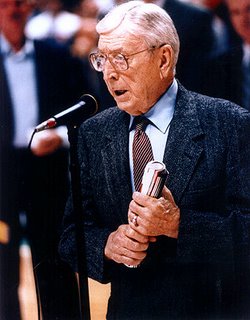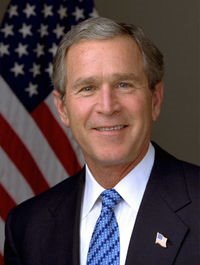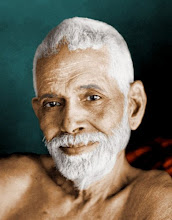I don'’t think of power in terms of conquering people. People'’s responses to it are varied. I don'’t think of it as something to be imposed. I'’m not advocating that you should, either. That kind of power seldom lasts. But you should realize that power is a constant in the world. You shape your perceptions, or someone shapes them for you. You do what you want to do, or you respond to someone else'’s plan for you. To me, ultimate power is the ability to produce the results you desire most and create value for others in the process. Power is the ability to change your life, to shape your perceptions, to make things work for you and not against you. Real power is shared, not imposed. It'’s the ability to define human needs and to fulfill them--—both your needs and the needs of the people you care about. It'’s the ability to direct your own personal kingdom--your own thought processes, your own behavior, —so you produce the precise results you desire.
--Anthony Robbins from Unlimited Power, pg.5
I don'’t want to go on living the life I'’m living, but I also don'’t want to die. Of course, we all must die someday. Yet, I don'’t want to die without being and doing more than I have. I don'’t want to lie on my deathbed knowing that I wasted all my opportunities to exercise the kind of personal power of which Tony Robbins writes above.
A lot of people don'’t appear to think much of Tony Robbins. They think Robbins is just another New Age huckster fattening his bank account by promising "“unlimited power"” to unhappy people afflicted with unlimited gullibility and narcissism. Maybe they'’re right. I thought so not long ago. But when I listen to Robbins'’ infomercials with as open a mind as I can muster, he sounds pretty sensible. I'’m also impressed by his interview in What is Enlightenment magazine and his interview in Integral Naked.
Maybe I'’m just one of those gullible people to whom Tony Robbins appeals. Usually, I'’m pretty resistant to the grandiose claims of infomercialers and other New Age salesman pedlling self-help panaceas for all our personal psychological, financial, and spiritual ills. But maybe I'’m just so tired of taking up space on this earth and carrying around unrealized ideals and goals that I haven'’t even tried to fulfill that I'’m finally ready to open the door at least a little to someone who seems as though he may have just what I need at this point in my life. Tony Robbins seems as though he may be that person. And I'’ve decided to read one of his books, Unlimited Power, and practice what it preaches and teaches and not only see where it leads but share the results with all of you here on this blog.
I haven'’t quite figured out how I'’m going to share it. But if you keep reading my blog, you'’ll get some idea of what Tony Robbins teaches, of how I'’ve tried to incorporate it into my own life, what I'’ve accomplished and failed to accomplish as a result, and what I think and how I feel about it all.
I'’m doing this partly because I want this blog and the whole of my life to be more than the dutiful exercise it too often is for me. I want what I write here to have vital personal significance that energizes me with passion to write and live. Furthermore, I'’m doing it because I think I need to try out Tony Robbins'’ path to "“unlimited power"” and be motivated enough to see it through by announcing my intentions here and sticking to them. If I don'’t stay on the path, I hope you, dear readers, will give my butt a good kicking so that it'’s more difficult for me not to stay on the path than it is for me to hump it out.
Of course, I won'’t blame you if you'’re not interested in Tony Robbins or my little experiment with his teachings, much less in cajoling and coercing me to continue the experiment until reasonable conclusions can be drawn. But I'’ll do my best to stay on the path and write about it whether you'’re here with me or not.
However, if you are here with me, I think I'’ll have a better chance of doing what I need to do and learning what I need to learn from the effort. Maybe we can all learn and benefit from what transpires.









